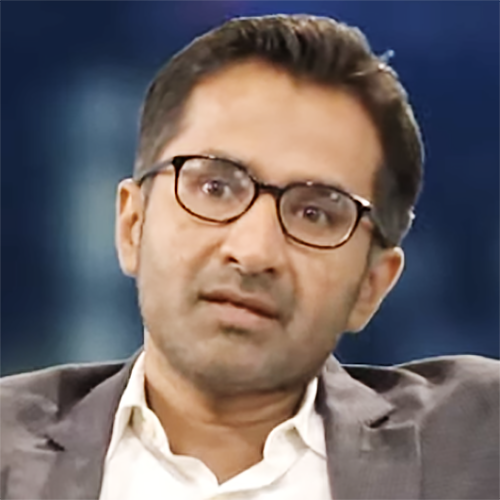 |
|
As the global economy returns to growth, private equity and real estate investors are filling their coffers. Record distributions have left limited partners (LP) flush with cash – cash that they're looking to reinvest into alternative assets.
A recent global EY report on the fund industry showed strong investor demand for alternative assets, with 46% of investors looking to increase allocation, another 46% intending to maintain current investment, while 4% are planning to cut exposure.
But with an increasing number of funds raising capital – around 2,252 globally according to a recent Carlyle data – general partners (GP) must differentiate themselves to gain an edge.
While financial performance will always be front and center, funds are beginning to see LPs place a premium on operational excellence as well. The EY report showed that after performance, 49% of investors stated “operational excellence” as the factor that most concerned them. After high-profile scandals like Madoff, transparency and clarity have become key concerns.
The quality of reporting is critical. Investors want to be closer to their investments than ever before. According to EY, 66% of investors feel that the transparency of reporting could improve. Using a third party to assist with reporting not only reduces the operational burden on GPs, but also gives investors a piece of mind.
But a more pressing concern for fund managers is the frequency with which investors—and regulators—are demanding reports and the depth of information expected in them.
One industry survey, which polled more than two hundred GPs and LPs across more than twenty countries, reveals that some GPs are receiving more than 9,000 LP inquiries in a single calendar year. Additionally, it notes the disparity between what LPs want and what they’re actually getting. About 90% of GPs surveyed said that they provide their investors with all the information they need, a reality that less than half of LPs surveyed agree with.
This disconnect comes down to the nature of private equity and real estate investors and the size of the allocations they commit to funds. In public equities and hedge funds, with their multitudes of investors holding very liquid positions, standardized reports are generally accepted.
But LPs investing in private equity or real estate are demanding more. The typical fund will have tens, rather than hundreds, of investors who all expect the level of attention and care that their sizeable commitments dictate.
Improving the timeliness of reporting solves this challenge to some extent. But more difficult is serving the growing number of LPs that want to dig into fundamental financials at the investee level. For the large GPs with sophisticated back office functions, this poses an operational challenge, as more resources will have to be channeled to reporting processes and data collection. Investment in new systems and internal change are likely to be necessary and potentially costly. For mid-size firms, however, these requests can prove almost insurmountable across a diverse base of LPs, as may be the cost of installing and operating enhanced technology.
Standardization in the data collection stage of reporting certainly has a role to play here. Reliance on manual processes is no longer sufficient. Technology that can source and collate data quickly and easily is of paramount importance for funds that need to process LP requests effectively.
But standardization alone is not enough. The age of the pdf is dead. Investors increasingly require tailored reports, in a format that can be automatically downloaded to their own systems. This will become the norm as LPs start to dig deeper into company-level data across their private equity portfolios. In fact, standardization is only one step in the process to developing more customized solutions.
LPs are starting to see the value they can derive from their fund reports by asking for specific data points. As this trend continues, and as LPs develop individual preferences as to how their fund data is broken down, GPs will be faced with a huge range of different requests, all of which require time and attention. That care and attention, of course, distracts GPs from their core business of deriving value from their investments.
Without the necessary reporting function, either outsourced or in-house, GPs will lose a key element of differentiation against their competition.
Private equity and real estate will always be bottom line-focused businesses, and LPs will always clamor to get into the highest-performing funds. But GPs that can supplement performance with sound operational processes and a tailored reporting function that adds value to LPs’ investment process, will position themselves well in the competition for capital.
Ian Kelly is CEO of Augentius









